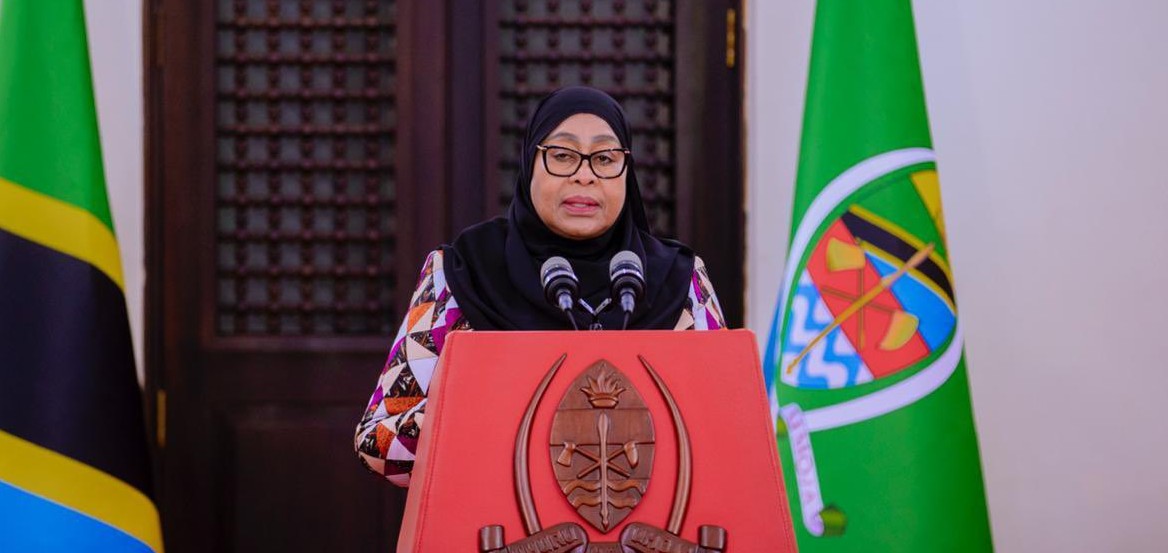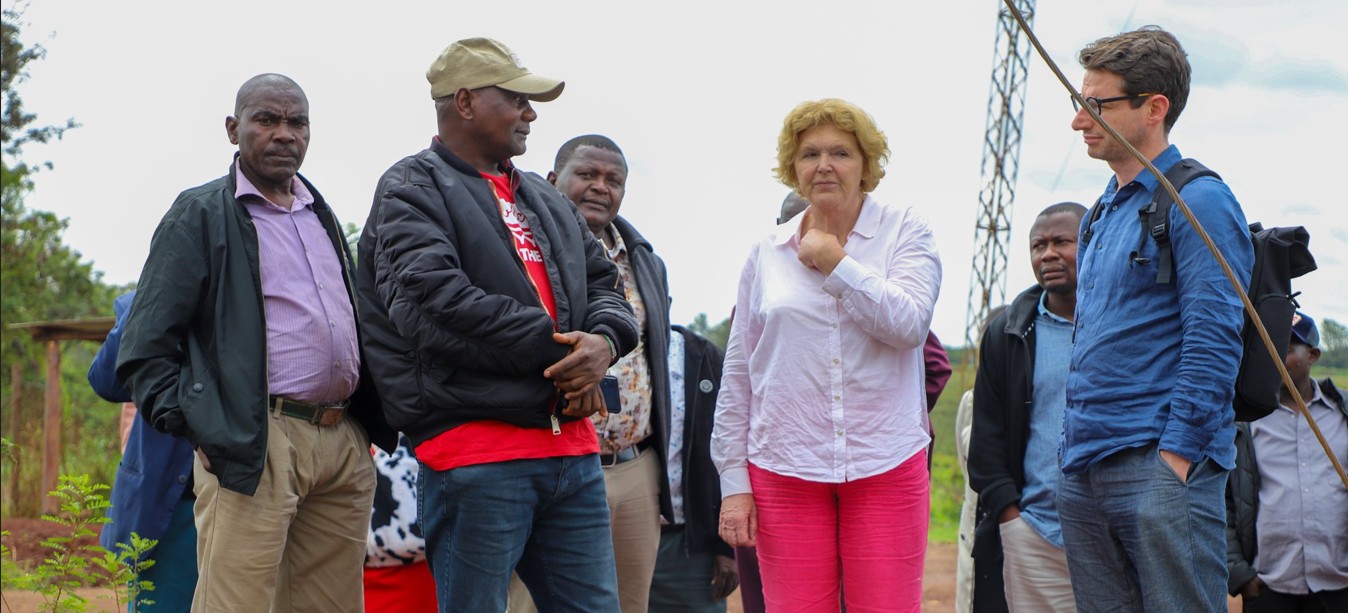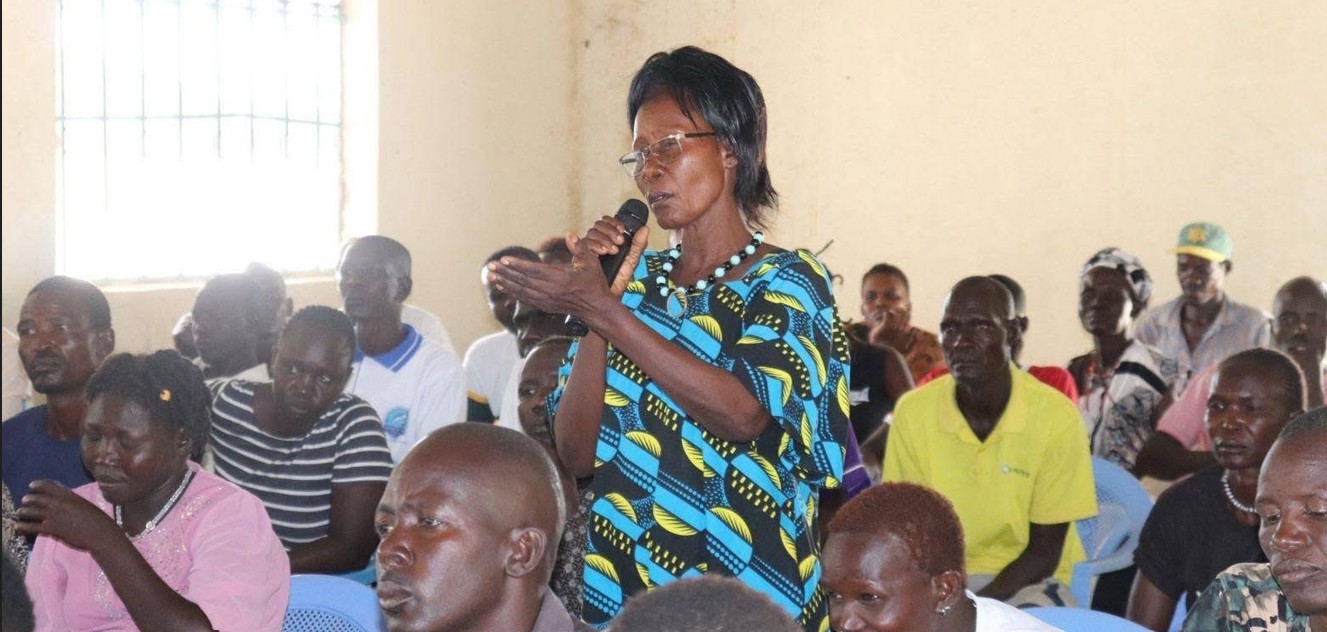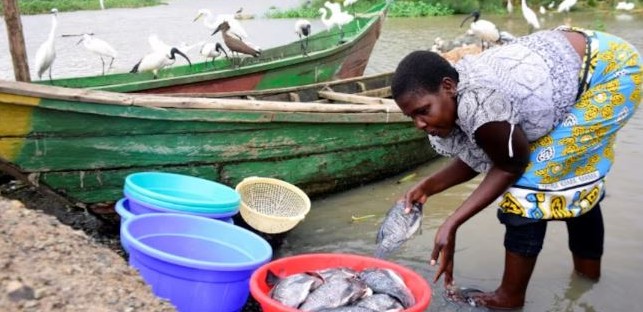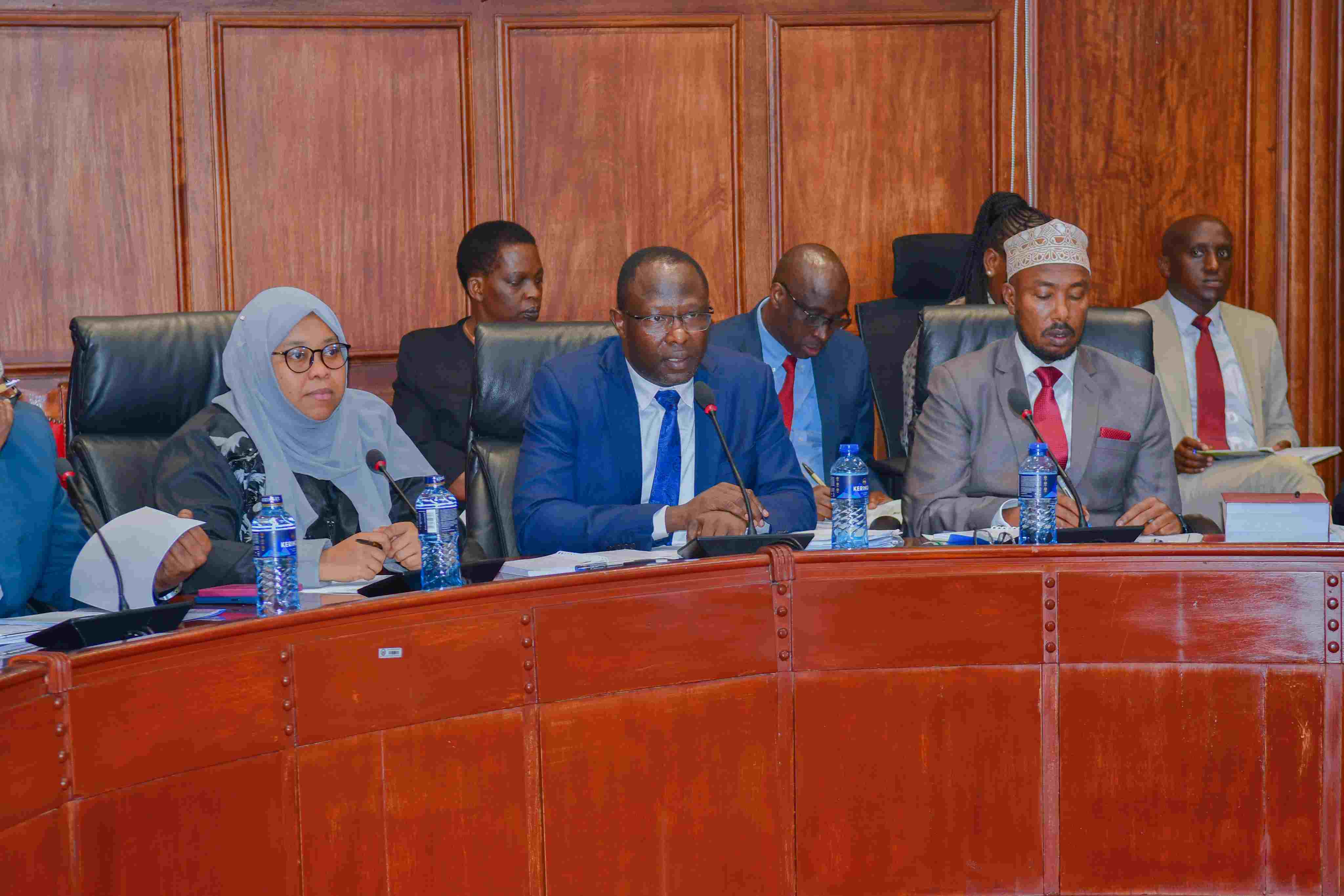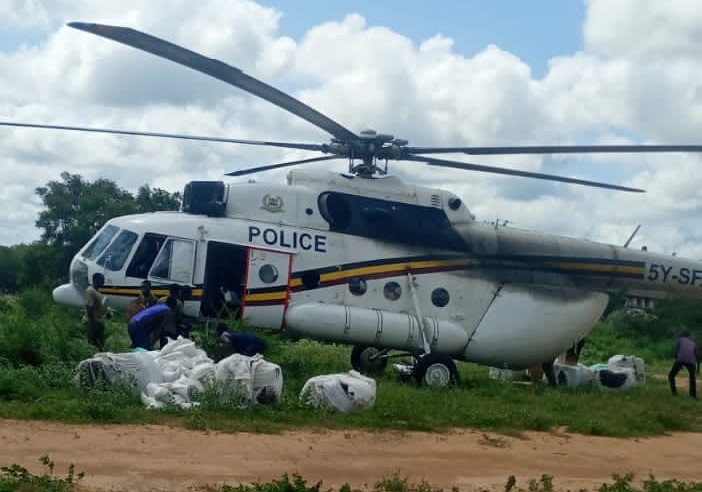South Sudan on high alert as Marburg outbreak emerges across border in Ethiopia
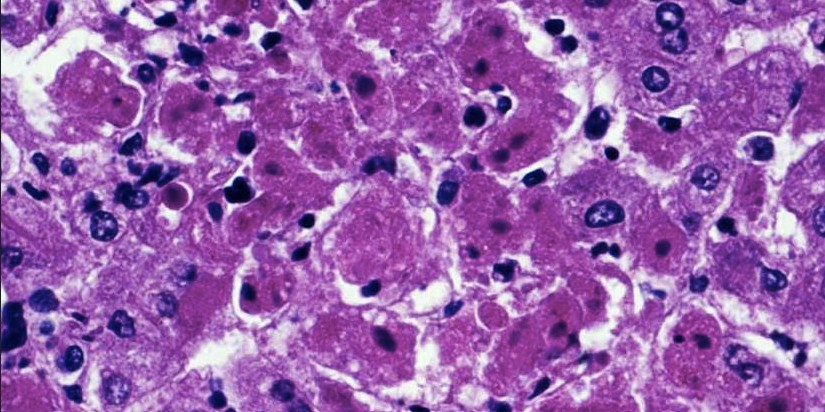
According to the Africa CDC, nine cases had been reported by November 14, with clinical samples tested by official government laboratories confirming the presence of Marburg, a severe and often fatal haemorrhagic fever.
South Sudan has designated four counties as high-risk following confirmed cases of the Marburg virus disease (MVD) in Jinka, Southern Ethiopia, near the South Sudan border.
According to the Africa Centres for Disease Control and Prevention (Africa CDC), nine cases had been reported by November 14, with clinical samples tested by official government laboratories confirming the presence of Marburg, a severe and often fatal haemorrhagic fever.
More To Read
- Ethiopia confirms Marburg virus disease outbreak, nine cases reported so far
- Ethiopia probes suspected viral haemorrhagic fever outbreak in Southern Region
- Millions of lives at risk, warn UN food agencies, as hunger crisis worsens
- South Sudan President ousts vice president in abrupt purge, deepening uncertainty in Juba
- Stakes rise for South Sudan: What’s happening, and why it matters
- Kenya leads push for stronger regulation of medicines, vaccines in Africa
Symptoms include sudden fever, chills, headache and muscle pain. Around the fifth day, a rash may develop on the chest, back and stomach, followed by nausea, vomiting, chest and abdominal pain, sore throat and diarrhoea.
In severe cases, the illness can progress to jaundice, pancreatitis, severe weight loss, delirium, extensive bleeding and multi-organ failure.
High-risk counties
In a statement on Monday, seen by The Eastleigh Voice, South Sudan’s health ministry identified Kapoeta East, Pibor, Pochalla and Akobo as high-risk counties.
"The Ministry of Health of the Republic of South Sudan informs the public and health workers of the confirmed Marburg virus disease (MVD) cases reported in Jinka Town, Southern Region of Ethiopia. The outbreak was officially declared on November 14, 2025," the statement reads.
"Laboratory testing conducted by the Ethiopian Public Health Institute confirmed Marburg virus as the cause. Genetic sequencing shows that this strain is closely related to those previously identified in East Africa."
However, the ministry emphasised that no confirmed Marburg cases have been detected in South Sudan despite Jinka’s proximity.
Jinka, located in the Ari Zone and a major route into Ethiopia’s Lower Omo Valley, is surrounded by areas plagued by frequent clashes and instability.
Healthcare services disrupted
Violence and unrest in the neighbouring regions have disrupted healthcare services, limiting humanitarian access and making it more difficult for authorities to track and contain emerging disease outbreaks.
"The Ministry of Health reassures the public that no confirmed cases have been reported in South Sudan. The government, together with WHO and all health partners, have intensified surveillance, preparedness, and readiness measures to prevent any importation and spread of the virus," said the ministry.
The ministry also urged citizens to remain calm and report any suspected symptoms to the nearest health facility.
"The Public Health Emergency Operations Centre (PHEOC) has been activated and in Alert Mode to strengthen surveillance, screening, risk assessment and identification of priority areas, and monitoring at national and state levels," it said.
Top Stories Today



